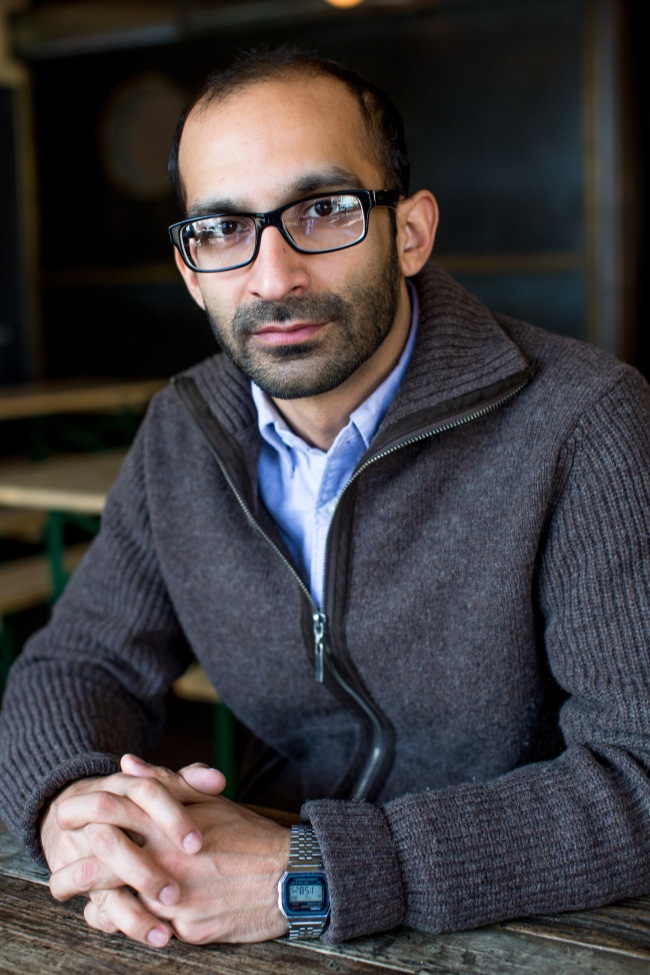 |
Shahan Mufti (shahanmufti.com) |
From the first pages of his debut book, “The Faithful Scribe,” journalist Shahan Mufti gets personal.
He imagines a dinner party in which you, the reader, ask where he’s from, and after hearing him reply, “Pakistan,” you ask him why the country is such a mess.
Mufti, who grew up in the United States and Pakistan, attempts to answer that question and many more by probing his own family history to better understand the roots of the world’s first Islamic democracy.
He artfully weaves stories of his ancestors ― which can be traced 1,400 years back to Islam’s early days ― into the larger drama of Pakistan’s struggles and triumphs, and of the country‘s long and complicated relationship with the United States.
Pakistan was formed in 1947 on a twin foundation of Islam and democracy ― an experiment whose outcome is still playing out and which has become especially relevant in our post-9/11 world.
“From the very beginning,” Mufti writes, “people doubted that such a nation could ever work, and it was always going to be a tough challenge for a young state.”
Muhammad Ali Jinnah, the founding father of Pakistan, had hoped to unite the myriad languages and cultures living in the new nation under the banner of the one thing they shared ― their Islamic faith.
Mufti, whose ancestors were jurists in Muslim sharia courts operating for centuries in South Asia, takes us on a journey both personal and historical.
With clarity and depth, he penetrates the country’s complex history, summarizing key moments and their impact on ordinary people like his parents ― war with India in 1971 threatened to stop their wedding. We also feel the democracy’s progression slip when military Gen. Zia Al-Haq seizes power in 1977, prompting Mufti’s parents to decide to leave for the United States and start anew.
We also learn how hard it has been for Pakistan to fulfill the mission originally laid out. Can Islam and democracy rule a nation? Or must Islam be extracted, Mufti wonders, before a visit to his ancestors‘ graves leads him to conclude: “It isn’t just the name of a religion or the name of a system of law or even a code of life. Here, Islam is what lay strewn in the landscape. Islam is centuries-old richly decorated shrines, and Islam is family stories. Islam was what tied people‘s guts and blood to the land. Islam was a faith that created a nation. How could Islam be extracted from this? Why would Islam be extracted from here? Islam had been here for centuries. It had gone through empire, colonialism, monarchy, crisis, blossom and decline, war and peace. And it was still here now in Pakistan. Islam would stay.”
The author’s family stories illuminate key moments in the story of Pakistan as a nation, and they make it easier to understand and appreciate what‘s at stake for generations to come.
By Allie Shah
(Star Tribune (Minneapolis))
(MCT Information Services)




![[Herald Interview] 'Trump will use tariffs as first line of defense for American manufacturing'](http://res.heraldm.com/phpwas/restmb_idxmake.php?idx=644&simg=/content/image/2024/11/26/20241126050017_0.jpg)



